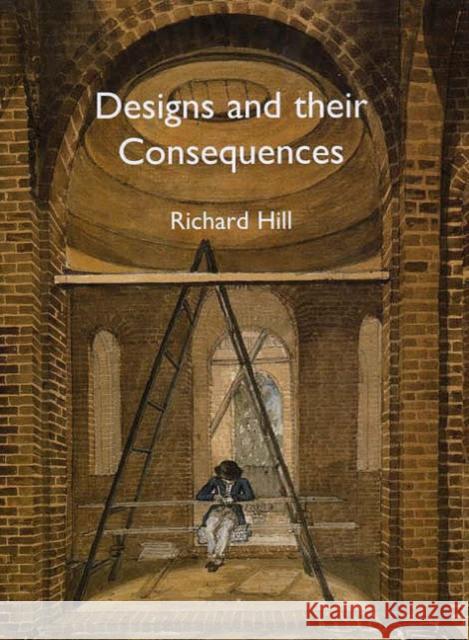Designs and Their Consequences: Architecture and Aesthetics » książka
Designs and Their Consequences: Architecture and Aesthetics
ISBN-13: 9780300079487 / Angielski / Twarda / 1999 / 296 str.
In this thought-provoking book, Richard Hill examines the many-faceted relationship between aesthetic theory and architecture. Grounding his arguments in the practical issues related to building--the demands of site, materials, labor force, the nature of the commission--Hill expands our understanding and enjoyment of architecture while offering especially valuable insights for students of architecture and the history of architecture.
The book opens with an analysis of the relationship between buildings, drawings, and designs. Hill suggests that architectural drawings are essentially pictures of physical objects, although initially they may be imagined ones, and he considers the implications of this for architects and builders. He discusses the notion of "architectural experience" that has been important in the development of modern architecture, and the notion of "seeing as" that has been developed for other visual arts and that illuminates a range of architectural meaning. Asking how architecture can be expressive of a range of human states and qualities, Hill tests the idea that our ability to see the expressive aspects of buildings relates to our ability to see meaning in the faces and demeanor of other people. In the final section of the book, the author focuses on modern architecture's central aim to deepen the connection between usefulness and design, explores recent intense criticism of this outlook, and assesses the strengths and weaknesses of this body of criticism.











